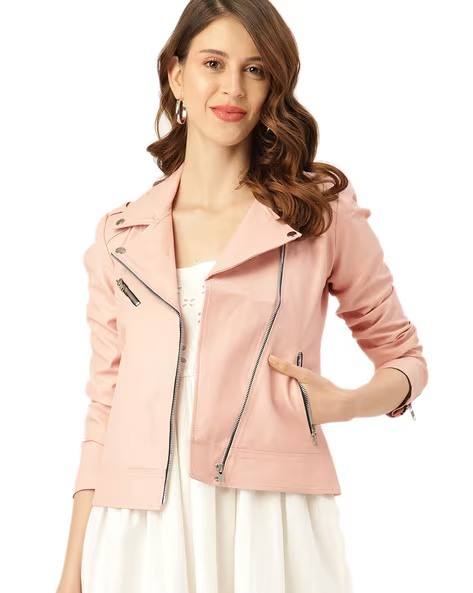In today’s fast-paced world, the intersection of fashion and functionality has become increasingly important. The modern consumer seeks not only stylish attire but also practicality that complements their lifestyle. This growing demand has sparked a revolution in the fashion industry, where designers are now focusing on creating clothing and accessories that marry aesthetic appeal with everyday usability. Practical yet stylish clothing is no longer an oxymoron but a defining feature of contemporary fashion. From innovative materials that offer durability and comfort to designs that effortlessly transition from day to night, there is a noticeable shift towards versatile pieces that cater to diverse needs. Take, for instance, the rise of athleisure wear — garments that blend athletic wear with casual attire, allowing individuals to seamlessly move from the gym to social outings without compromising on style. Accessories, too, play a pivotal role in this trend.

Functional yet fashionable bags are designed with multiple compartments for organization, ensuring that essentials are easily accessible while maintaining a polished look. Similarly, footwear has evolved to prioritize both comfort and design, with technologies such as cushioned soles and breathable fabrics becoming standard features in everyday shoes. The appeal of practical yet stylish fashion extends beyond mere aesthetics. It reflects a deeper cultural shift towards sustainability and mindfulness. Consumers are increasingly conscious of the environmental impact of their purchases, opting for timeless pieces that promise longevity over fleeting trends in y2k jacket. This shift has spurred a rise in minimalist designs and capsule wardrobes — curated collections of essential items that can be mixed and matched effortlessly. Furthermore, the pandemic has accelerated the demand for functional fashion. As remote work and virtual meetings became the norm, there was a surge in demand for comfortable yet presentable clothing suitable for video calls. This led to an emergence of elevated loungewear and hybrid pieces that offer comfort without compromising on professionalism.
In response to these evolving preferences, brands are innovating at a rapid pace. They are integrating technology with fashion to create smart clothing that adapts to different climates or activities. For example, moisture-wicking fabrics keep wearers cool during workouts, while temperature-regulating materials provide warmth without bulk during colder seasons. Moreover, inclusivity is at the forefront of this fashion revolution. Designers are embracing diverse body types and personal styles, offering a wide range of sizes and customizable options. This inclusivity not only enhances the accessibility of stylish clothing but also empowers individuals to express their unique personalities through fashion. As we navigate an increasingly dynamic world, the demand for practical yet stylish clothing and accessories continues to grow. Whether it is adapting to changing work environments, pursuing an active lifestyle, or simply expressing personal style preferences, consumers seek versatility and functionality in their wardrobe choices. The fusion of fashion and functionality represents not just a trend but a fundamental shift towards a more conscientious and empowered approach to dressing.
